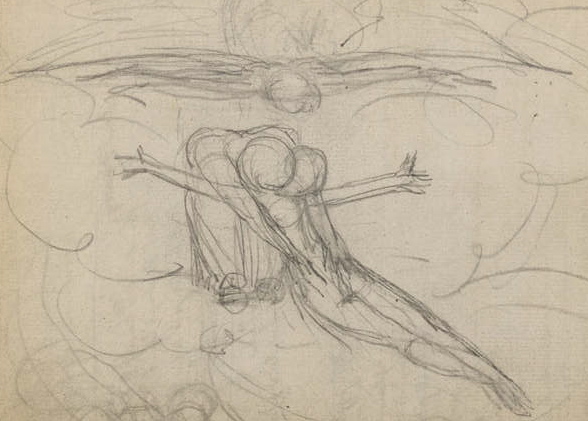 Time again for another ‘Who said it?’ competition. From whose mouth/pen did the following words come:
Time again for another ‘Who said it?’ competition. From whose mouth/pen did the following words come:
God’s trinitarian history for us makes him what he is for himself. There is no immanent Trinity supratemporally ‘behind’ God’s temporal, worldly history, so that he would be who he is independently of this history. This history is who he is.
Closing on Tuesday. No cheating.
[Note: I’ve had to repost this because for some strange reason the comments were off. Apologies to those who wanted to cast a vote but were unable. You can do so now. And I’ve extended the closing date: it’s now Tuesday.]
… and the answer is?
Im going with Robert Jenson
LikeLike
I was going to say Jenson, but I’m going to guess Pannenberg.
LikeLike
Pannenberg.
LikeLike
Jenson and Pannenberg are good bets, but for the sake of variety I’ll venture Bruce McCormack.
LikeLike
Bono.
LikeLike
Jurgen Moltmann
LikeLike
The fact that it uses the phrase “trinitarian history” means that its definitely something modern. Or is it? Moltmann say stuff like this all over the place, but I’m going to go out on a crazy limb and say Joachim of Fiore.
LikeLike
I’m guessing some frightening liberal process theologian of odious fame and character.
LikeLike
would guess moltmann probably, but since that is taken i’ll venture jungel.
LikeLike
bruce mccormack
LikeLike
going moltmann…
LikeLike
George Hunsinger?
LikeLike
Moltmann
LikeLike
Yeah, the first sentence is what makes this so hard. I can’t see Jenson saying this, but the language strikes me as Jensonian. For a second I thought Balthasar, but that can’t be. We’re either dealing with a process theologian, as Ben says, or perhaps with Eberhard Jüngel.
LikeLike
someone reading Zizek reading Schelling
LikeLike
OK. Time for a wee clue: it’s someone reading someone who’s already been mentioned.
LikeLike
Ray Anderson?
LikeLike
Alan Lewis or Paul Fiddes?
LikeLike
Alan Lewis is a good guess.
LikeLike
Would have said Rahner but it doesn’t fit with the clue …
LikeLike
Ah, is it Rahner reading Balthasar?
LikeLike
Or Balthasar reading Moltmann
LikeLike